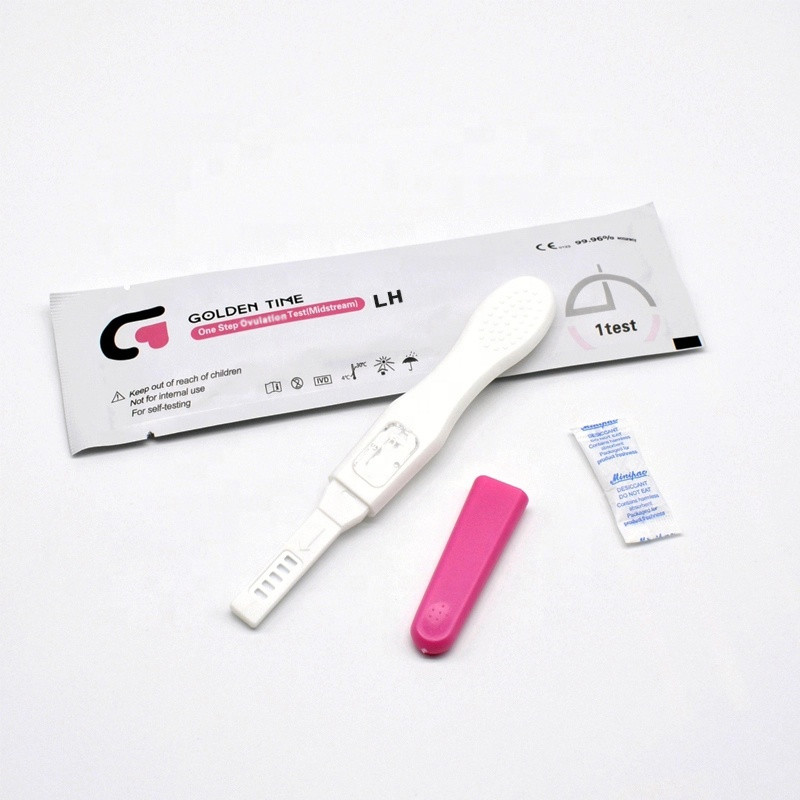دېكابىر . 24, 2024 12:39 Back to list
hiv kits suppliers
HIV Kits Suppliers Ensuring Access and Quality in Healthcare
In recent years, the fight against HIV/AIDS has made significant strides due to advancements in medical research, treatment strategies, and awareness campaigns. However, despite these advances, the availability and accessibility of HIV testing and treatment options remain a critical concern globally. One of the foremost contributors to improving access to these essential health services is the emergence of reliable HIV kits suppliers. These suppliers play a crucial role in the healthcare system by providing timely and accurate diagnostic tools that can make a difference in managing HIV/AIDS effectively.
HIV testing is the gateway to early diagnosis and treatment, which significantly improves health outcomes for individuals living with the virus. Rapid HIV tests, for instance, can provide results within minutes, allowing for immediate counseling and linkage to care. The establishment of accredited suppliers of these testing kits is vital, as it ensures that healthcare providers and patients are equipped with high-quality, reliable tools that meet international standards.
HIV Kits Suppliers Ensuring Access and Quality in Healthcare
Moreover, suppliers of HIV kits must comply with regulations and quality assurance protocols set by health authorities and international bodies, such as the World Health Organization (WHO). This compliance ensures that the kits are manufactured according to the highest standards, minimizing the risk of false negatives or positives—issues that can have significant consequences for individuals seeking testing and treatment. Quality assurance also involves regular monitoring and evaluation of the products to maintain their efficacy over time.
hiv kits suppliers

Partnerships between suppliers and various stakeholders, including governments, non-profit organizations, and healthcare institutions, are crucial in promoting the distribution of HIV kits. Collaboration can facilitate training programs for healthcare professionals on the proper use of these kits, sharing best practices, and educating communities about the importance of regular HIV testing. Such initiatives help destigmatize testing and encourage more individuals to engage with healthcare services.
Additionally, the role of technology in the supply of HIV kits cannot be overlooked. Advancements in telemedicine and mobile health applications have created new avenues for reaching individuals who may be hesitant to seek traditional healthcare services. For example, some suppliers offer at-home testing kits that allow individuals to test privately and send samples to accredited laboratories for analysis. This approach has proven beneficial in reducing barriers to testing and treatment, particularly among populations at higher risk of HIV.
As awareness and understanding of HIV continue to grow, the demand for high-quality HIV kits is likely to increase. Suppliers must be prepared to meet this demand by expanding their product lines and improving distribution processes. Furthermore, ongoing education and advocacy efforts are essential in ensuring that populations at risk are aware of the resources available to them.
In summary, HIV kits suppliers are pivotal players in the global healthcare landscape, providing essential tools that enable early diagnosis and treatment of HIV. By ensuring the availability of high-quality diagnostic kits and fostering partnerships that promote testing and education, these suppliers can significantly contribute to the global fight against HIV/AIDS. As we strive for a future free from the burden of HIV, the role of these suppliers will remain integral in achieving equitable access to healthcare services for all.
-
Dengue NS1 Rapid Diagnostic Test Kit
NewsMar.07,2025
-
Dengue NS1 Rapid Diagnostic Test Kit
NewsMar.07,2025
-
Dengue NS1 Rapid Diagnostic Test Kit
NewsMar.07,2025
-
Transferrin Rapid Test Cassette Tumor Marker TF Card
NewsMar.07,2025
-
Malaria Pf Pan Rapid Diagnostic Test Kit
NewsMar.07,2025
-
malaria pf / pan ag rapid test
NewsMar.07,2025

